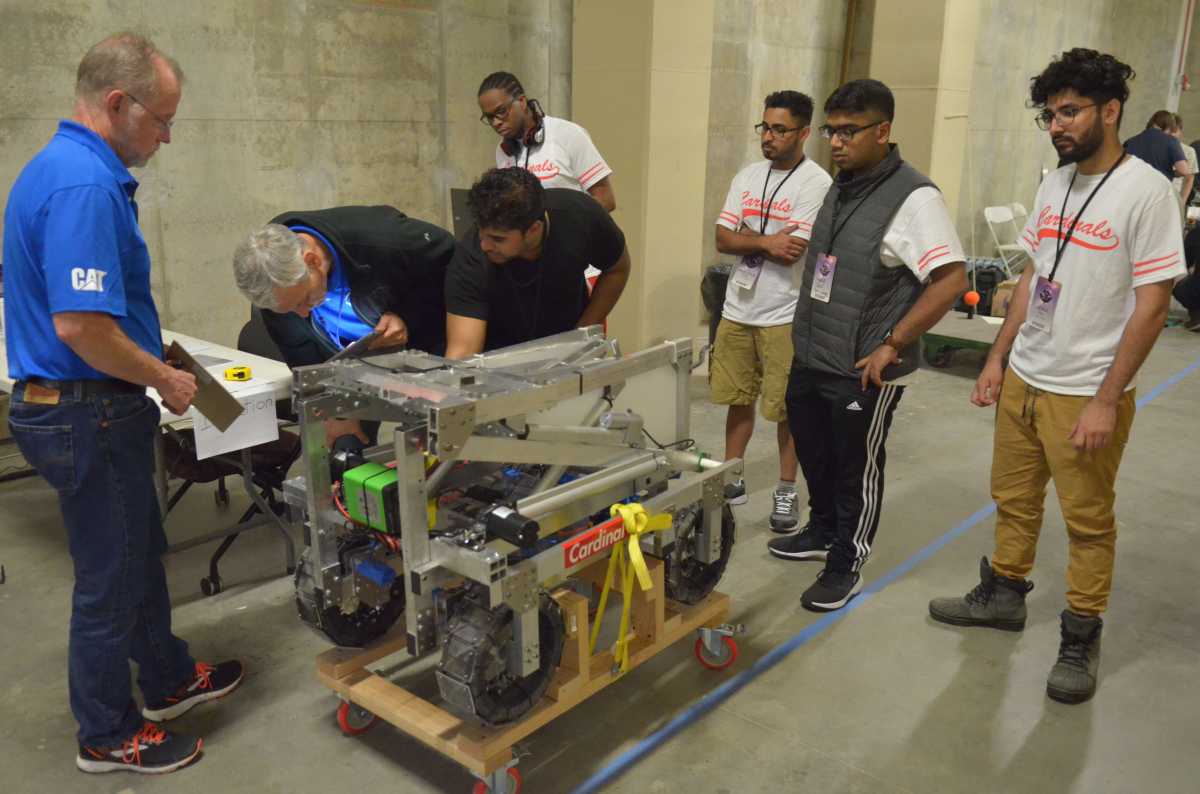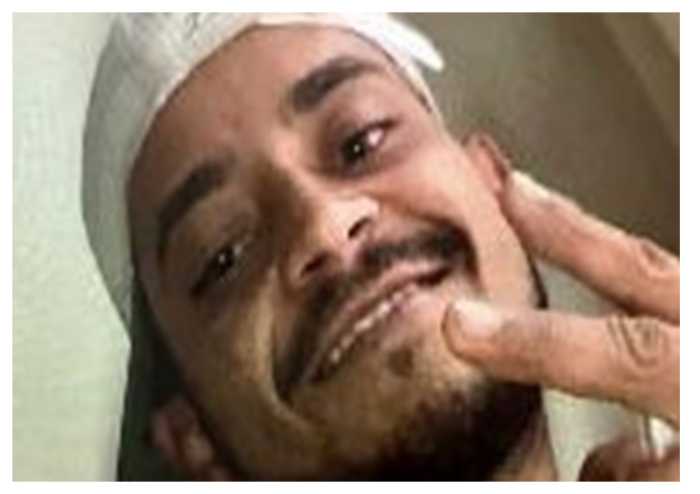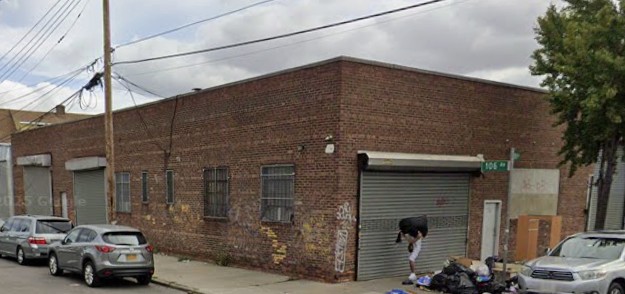Though they didn’t advance to the qualifying round in the NASA Robotic Mining Competition, the York College Astrobotics Program in Jamaica brought home their first-ever trophy for the “smallest and most efficient bot.”
Members of the York College Astrobotic Research and Design Program traveled to the University of Alabama in Tuscaloosa for the Robotic Mining Challenge held May 6-10. Twenty-eight teams accepted the invitation to travel to UA from North Dakota, Alaska, California, New York and around the country.
For the past nine years, the competition has taken place at NASA’s Kennedy Space Center in Florida, but was moved to Alabama due to lost prep time during the government shutdown earlier this year.
The college students descended on Tuscaloosa to demonstrate how a robot they built over the past year can autonomously navigate and excavate simulated Martian soil, or regolith.
York senior, Zachary Sanichar, 21, team leader of the York Astrobotic Engineering Team, said it’s a first in five years of the program that they decided to iterate on a previous bot, which was driven to Tuscaloosa since it couldn’t be transported by plane.
“We actually recycled this bot and every year we design the bot basically taking a different approach,” said Sanichar. “It’s a backhoe tank-driven style bot. It uses tank steer such as the left side will go forward and the right side will turn to go backwards, and the back-hoe is similar to the caterpillar excavators where they use that same kind of bucket and wrist actuator. We used lead acid batteries to power the robot and several different methods of controllers.”
This year, the team developed their robot from recyclable materials, working with what they had in their budgetary restraint spending less than a $100 iterating the robot.
The bot — 20 inches long, 26 inches wide, and 75 inches tall — had several practice runs this year, said Sanichar.
“In our first run, we were unsuccessful. In our second run, we had an issue where our robot got stuck on the rock and it was very hard to turn,” said Sanichar. “So far only this year four schools out of 30 were able to qualify and not many schools succeed at it. As a non-engineering school, I think we did very well. At the end of it our efforts proved fruitful winning an award for the smallest and most efficient bot in the competition.”
Sanichar added, “I feel very great and empowered by the experience and its helped me grow a lot of as person in general. With my team it was an amazing experience. As the only member that participated in previous robotic or engineering programs, I taught them exactly what I know and how they can apply it, and learning from them as well. Overall, this competition is something that you can’t receive out of a classroom.”
Program Director Daniel Phelps launched the Astrobotics program at York College five years ago with students from computer science, information systems technology, and the communications technology department to create a team going up against the largest engineering schools across the country.
So far, forty students have come through the program working on anything from swarm robotics through the Swarmathon Competition entry or the Robotic Mining Competition entry, according to Phelps.
“We’ve had great success with students that are able to complete the program over two or three years,” said Phelps. “Being able to retain students and have them travel to the competition location is very important…normally we don’t have a lot of support for student travel. We’ll have 12 people on the team but only eight students are able to come.”
For the first time this year, all of the students were able to travel to Alabama for the competition with support from AT&T.
“AT&T is committed to connecting students to enriching tech experiences that prepare them for careers in the industry,” said Elizabeth Segal, executive director, NYC External Affairs, AT&T and Member of the York College Foundation Board of Trustees. “We’re so proud to have supported the York College Astrobotics Program’s first-ever prize-winning trip to the NASA Robotic Mining Competition, and can’t wait to see what these talented young people do next.”
According to Phelps, they’re looking forward to competing again next year.
“Because we’re mainly sponsorship funded and grant funded, we’re always looking for opportunities to bring more people aboard for the team. It’s my job to facilitate the team and curate the experience for them,” said Phelps. “It’s about building the robot and doing the research, building and iterating something to compete at the national level. But for me it’s about getting students who want to learn something new to excel and get really great experience working with NASA engineers, graduate students, and master’s students who are focusing their careers on these goals making sure we do it year round. It’s also making sure everyone is able to participate.”

































